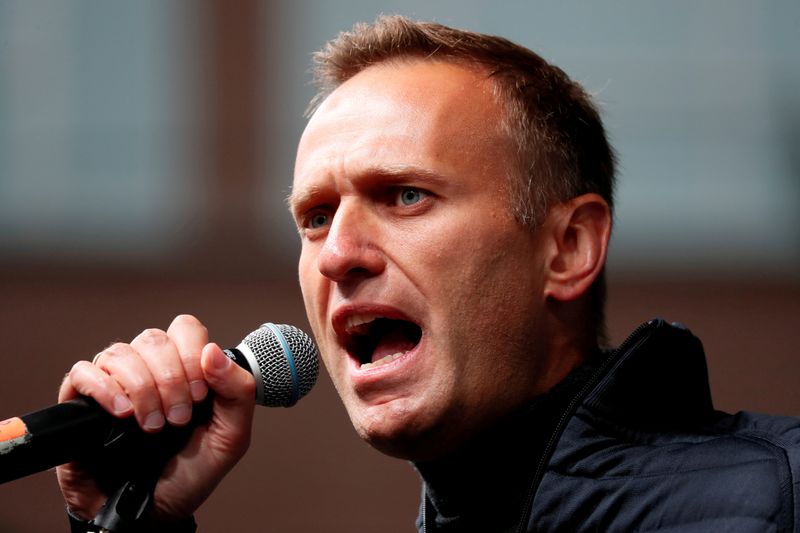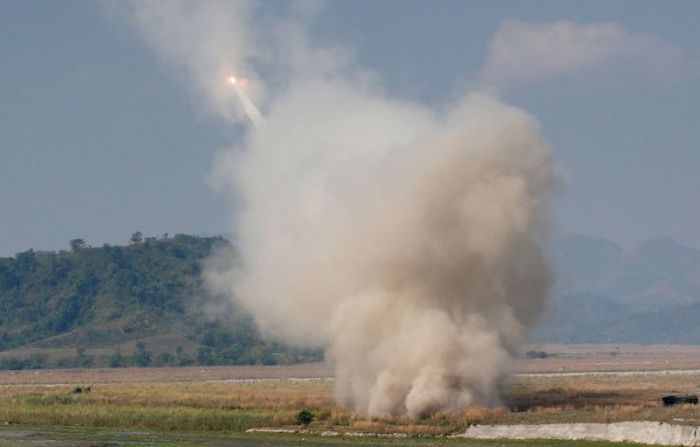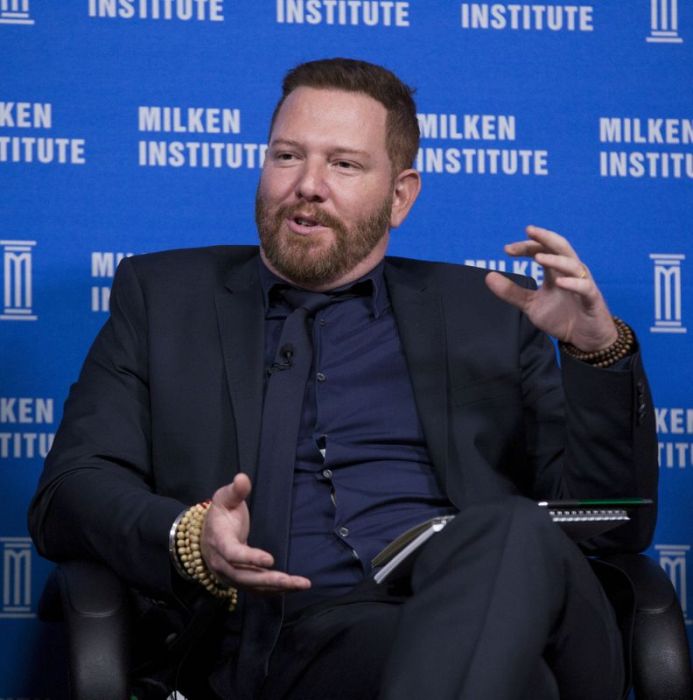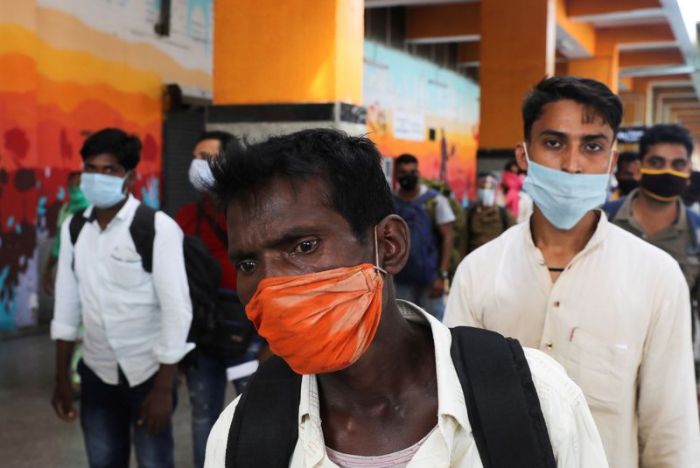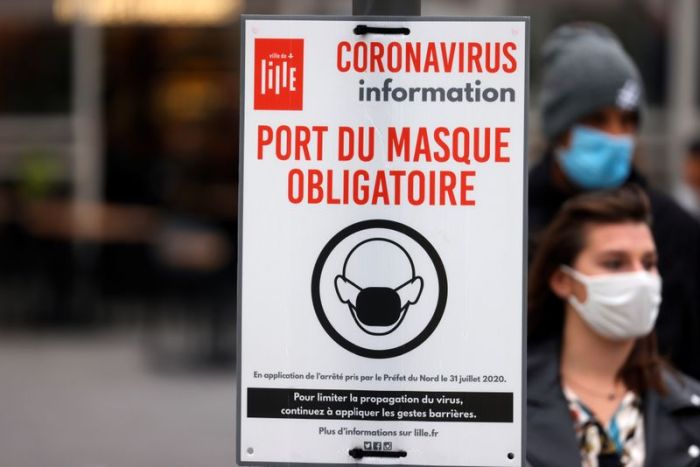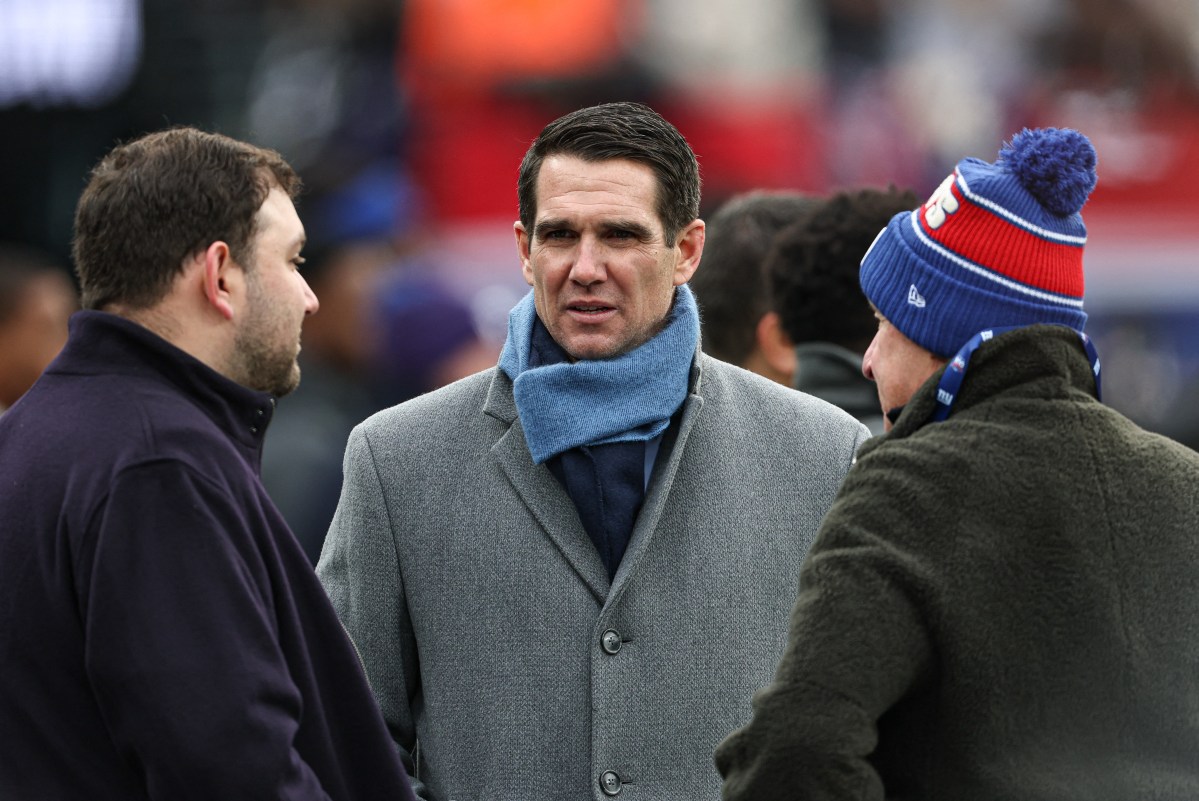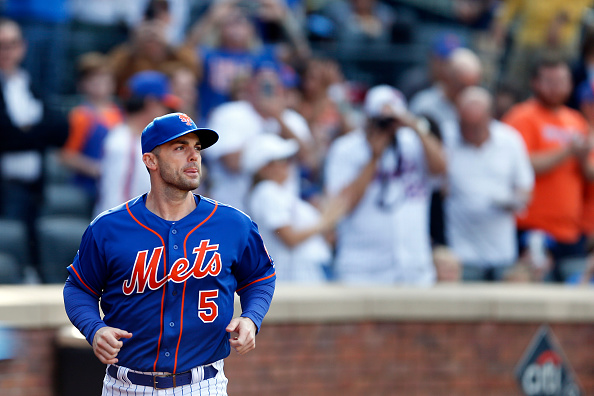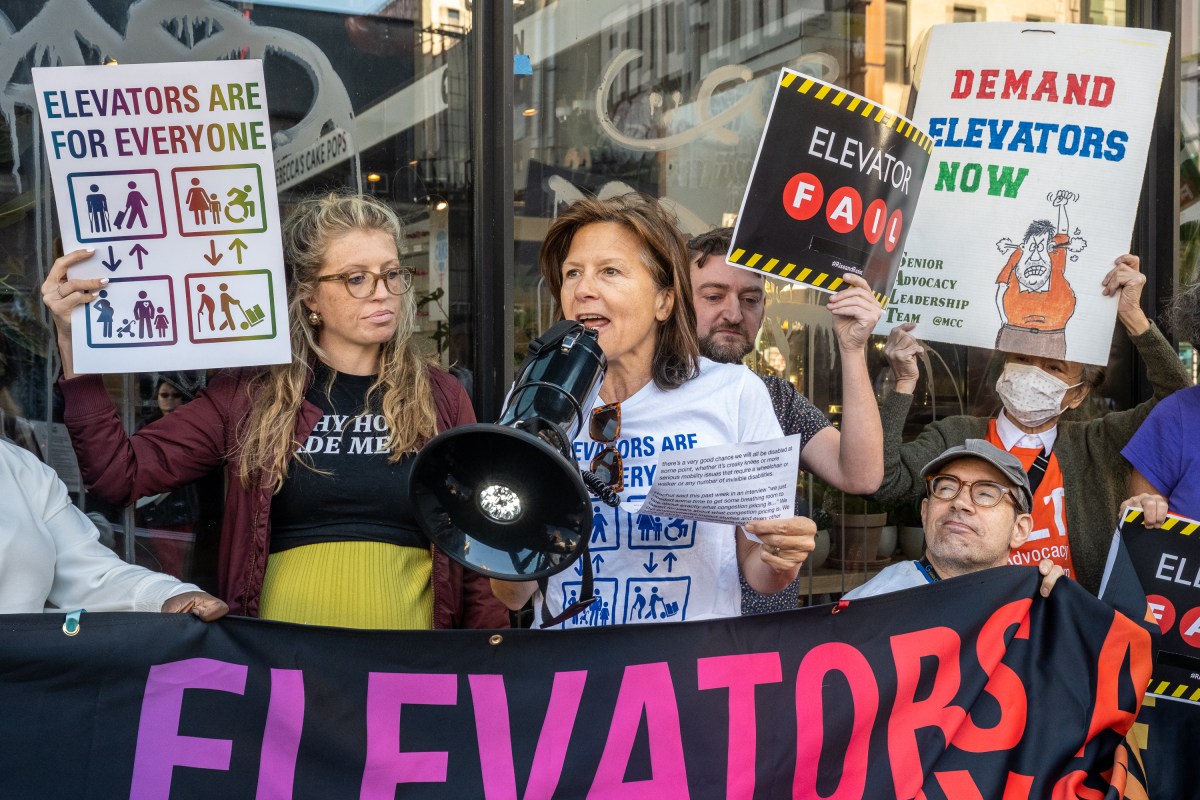LUXEMBOURG (Reuters) – European Union foreign ministers backed a Franco-German plan on Monday to impose sanctions on Russians suspected of poisoning Kremlin critic Alexei Navalny with a nerve agent, diplomats said.
Berlin and Paris made their proposal at a meeting of EU foreign ministers in Luxembourg. They say they have not had a credible explanation from Moscow for what the Organisation for the Prohibition of Chemical Weapons (OPCW) said was the presence of the banned Soviet-era nerve agent Novichok in Navalny’s body.
The speed with which the EU’s two main powers have agreed to push ahead with sanctions suggests a hardening of the bloc’s stance towards Moscow. It took almost a year for the EU to agree sanctions against Russians after a nerve agent attack in 2018 on a former Russian spy in Britain.
German Foreign Minister Heiko Maas told reporters as he arrived at the meeting earlier on Monday that Navalny’s poisoning could not “remain without consequences”.
“France and Germany propose imposing sanctions on certain people that caught our eye in this respect,” Maas said, without giving any details.
EU diplomats told Reuters there was broad support among the 27 foreign ministers for asset freezes and travel bans on several Russian GRU military intelligence officials.
Moscow denies any involvement in Navalny’s poisoning.
Senior Russian lawmaker Vladimir Dzhabarov said on Monday that Russia may respond to the EU sanctions symmetrically and repeated Moscow’s line that there was no concrete evidence behind the accusations, Interfax news agency reported.
The sanctions are not expected to be approved immediately as legal texts must be prepared and cleared by experts from the 27 EU states.
Navalny fell ill on a flight in Siberia on Aug. 20 and was subsequently airlifted to Berlin for treatment. Blood samples taken from him confirmed the presence of a nerve agent from the banned Novichok family, the OPCW said last week.
Western governments and the North Atlantic Treaty Organisation have said that Russia must help in investigations or face consequences.
Austria’s foreign minister, Alexander Schallenberg, whose country has tended to favour closer ties with Russia, said there could not be a “return to business as usual” and that Moscow had failed to help clear up doubts about the poisoning.
(Reporting by Sabine Siebold in Berlin and Robin Emmott in Brussels; Additional reporting by Andrey Ostroukh in Moscow; Editing by Kevin Liffey, Gareth Jones and David Clarke)

